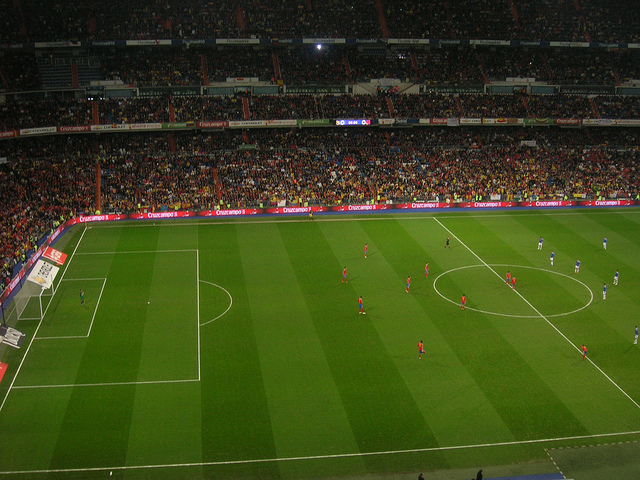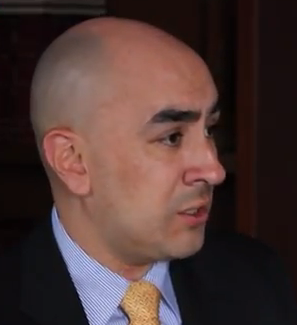A few days ago, FIFA spoke out about investment funds in the soccer world, as it intends to regulate them as another vehicle at the service of clubs and players. The web site Iusport.com reports that FIFA approved a circular dated May 12, declaring itself in favor of regulating mutual funds, rather than banning them.
Despite FIFA’s approval, UEFA continues to disapprove of investment funds in the world of soccer. By means of this circular, FIFA seeks a solution to the conflict and the regulation of investment funds in order to provide legal assurance, transparency and clarity as a means of alternative funding for clubs, and to eliminate the current irregularities.
In the circular, signed by Jerome Valcke, FIFA’s general secretary, the sporting association explained that they have commissioned two studies to CIES and CDES in order to develop a final proposal. The aim is to raise the issue during the next FIFA Congress in Sao Paulo in mid-June.
Titled “Summaries & Comments of the Study on the Ownership of the Economic Rights of Players by Third-parties”, the circular begins by admitting that the matter of the ownership of the economic rights of players by third-parties has occupied an important place in discussions led by FIFA within the international soccer community, and that its competent committees have included it in their agendas in order to find an effective formula for addressing the issue.
FIFA also maintains that discussions about it have shown that so far, the soccer community has not established a common front to tackle the problem effectively, though apparently most stakeholders recognized that such practices may pose a threat to the integrity of soccer tournaments.
Given the complexity of this phenomenon and the strategies employed in various regions to regulate it, FIFA, as it had notified, commissioned two studies with the general purpose of gathering information on the ownership of the economic rights of players by third parties and about various aspects of this practice, which, in turn, would provide more data to support discussions and initiatives. The two studies have brought together a number of views on the subject from stakeholders in the soccer world, as well as its impact on the soccer sector in general.
FIFA’s primary objective is to tackle this problem from a solid foundation which takes into account all aspects related to this practice, so that it is possible to provide adequate and fair solutions within the framework of a well documented participatory process which includes the stakeholders within FIFA’s competent bodies.
Should you wish to learn more about it you can consult the circular, which is attached in a document.


